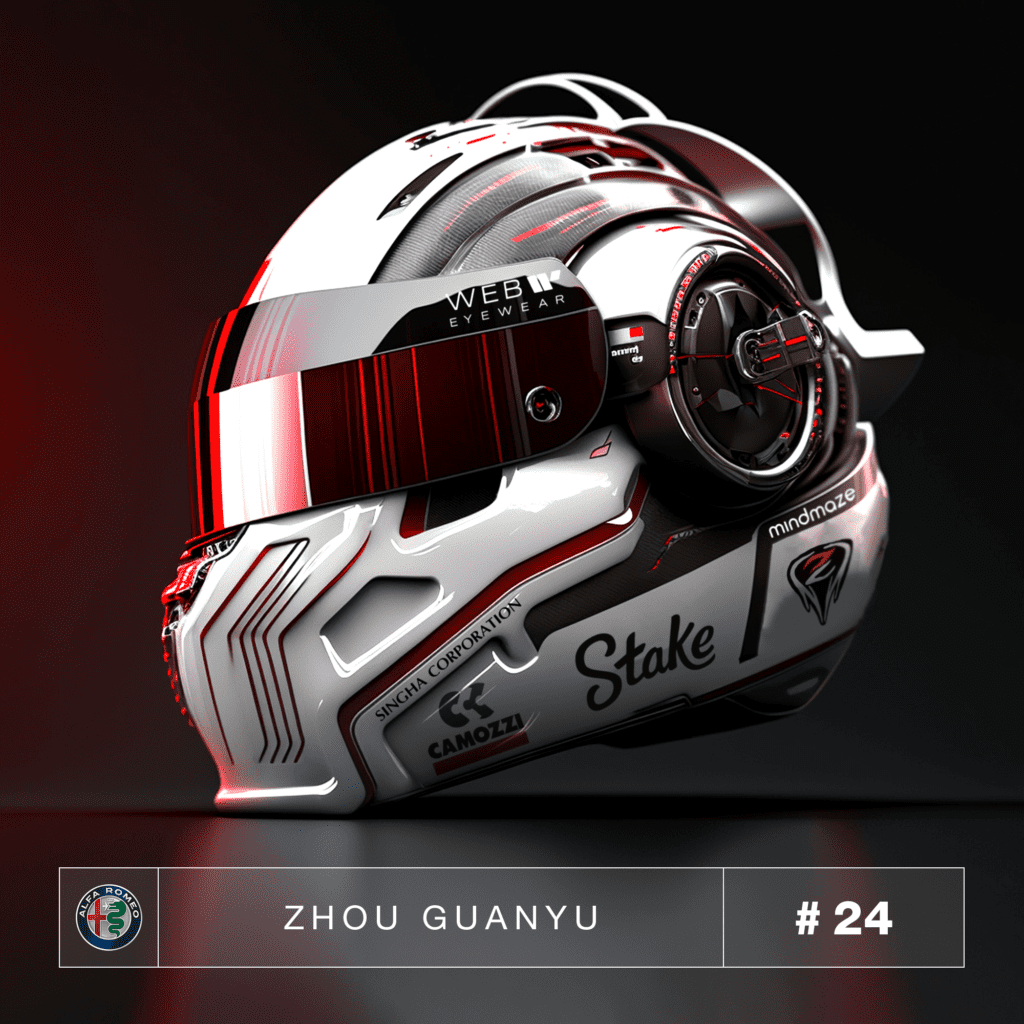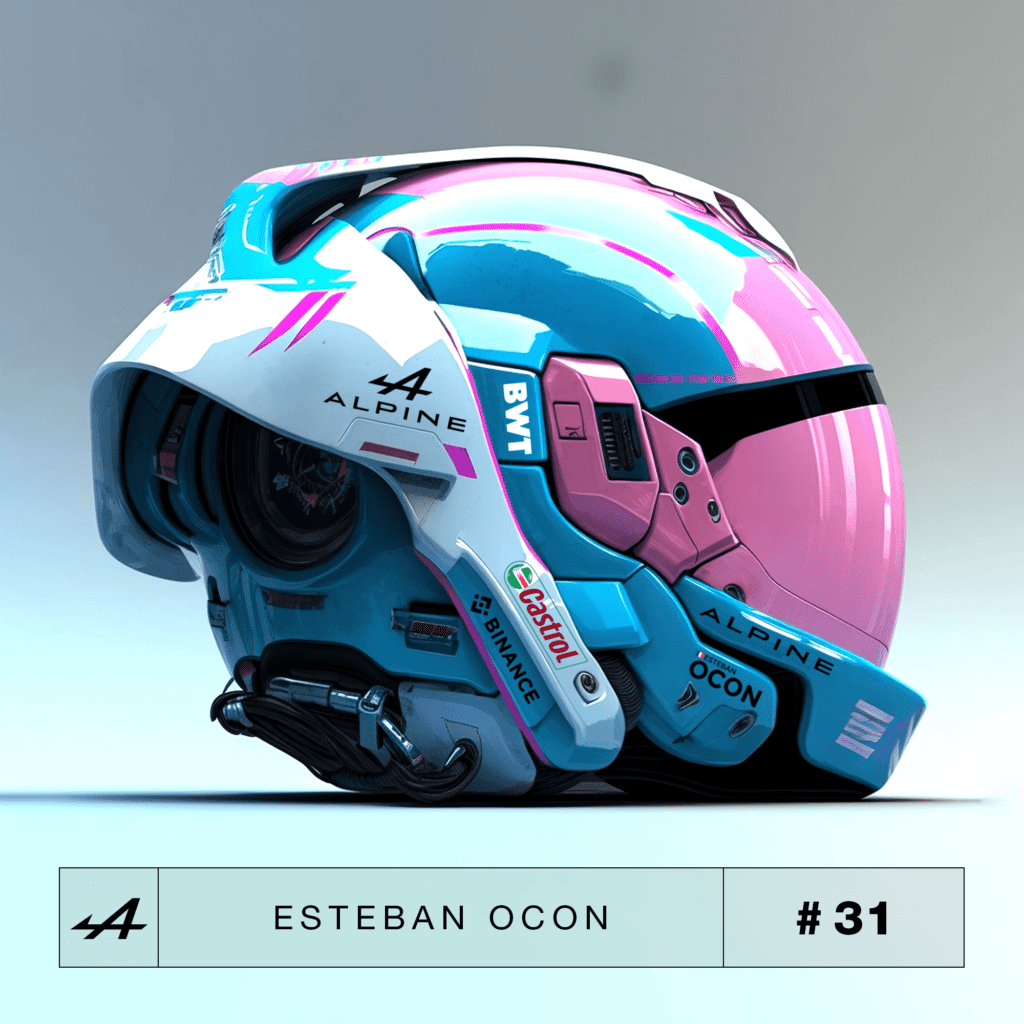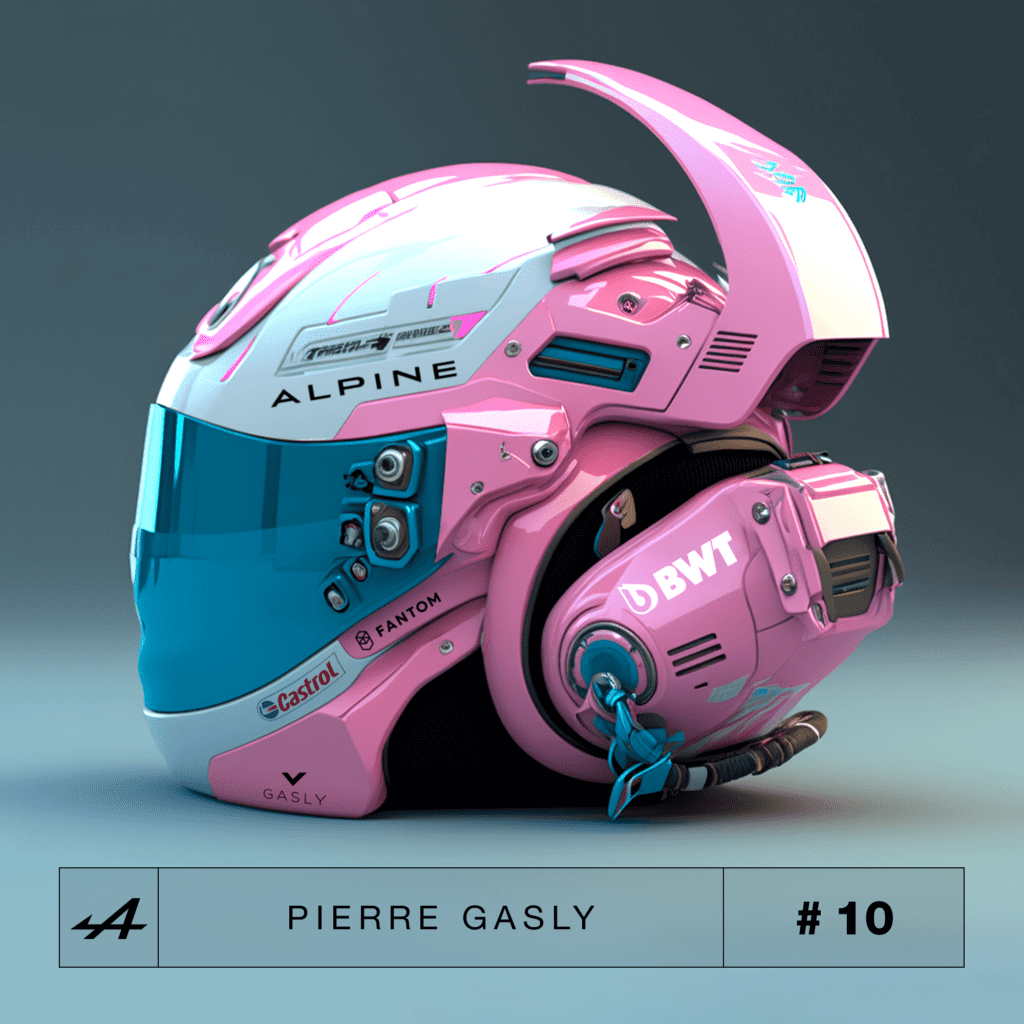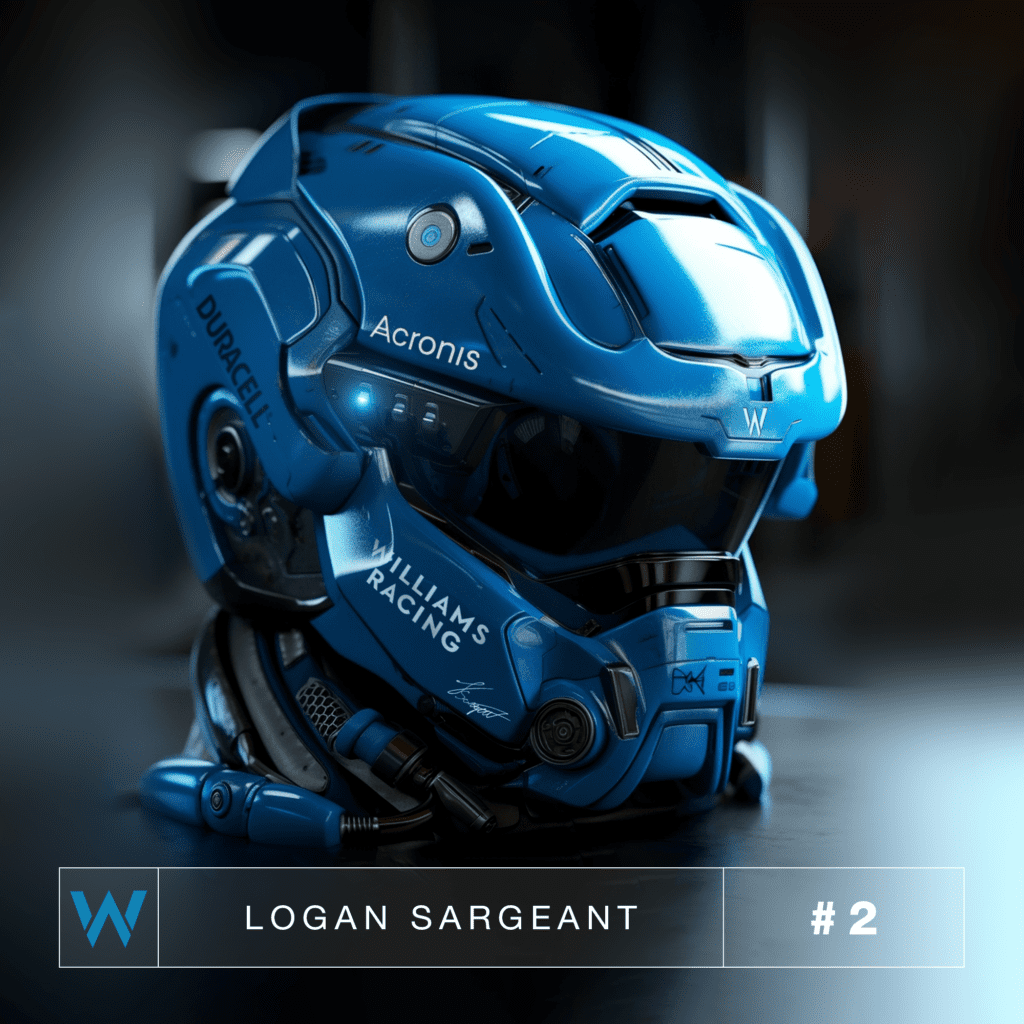9GAG’s Attempt to Trademark ‘PFP’
Fast Facts:
- 9GAG filed a trademark application for the term ‘PFP’ in December 2020.
- ‘PFP’ stands for ‘Profile Picture’ and is a commonly used term on social media platforms.
- The trademark application has been met with backlash from social media users and other companies.
- Intellectual property law requires trademarks to be distinctive and not commonly used terms.
- The outcome of 9GAG’s trademark application for ‘PFP’ is still pending.
In December 2020, 9GAG, a popular social media platform, filed a trademark application for the term ‘PFP’, which stands for ‘Profile Picture’. This move has raised eyebrows and sparked a debate about the ownership of internet slang and the implications for intellectual property law.
A Case Study in Intellectual Property Law
According to trademark law, a term cannot be trademarked if it is commonly used by the public to describe a particular product or service. As ‘PFP’ is a widely used term on social media platforms, it is unclear whether 9GAG’s trademark application will be approved.
Furthermore, the trademark application has faced backlash from social media users and other companies who argue that such a move is a power grab and an attempt to control commonly used language. If the trademark is approved, 9GAG would have exclusive rights to use the term ‘PFP’ in connection with social media services, which could limit the ability of others to use the term.
Implications of Social Media Platforms Claiming Ownership of Popular Internet Slang
The move by 9GAG to trademark the term ‘PFP’ highlights the growing tension between social media platforms and their users over ownership of language. As more and more internet slang becomes mainstream, companies may seek to trademark these terms in an attempt to control their use and profit from their popularity.
If companies are successful in trademarking commonly used terms, it could limit the ability of others to use the language freely and stifle creativity. It could also lead to legal battles over ownership of language, which could be costly and time-consuming.
“Trademark law is a balancing act between protecting the rights of businesses and ensuring the free use of language by the public. The outcome of 9GAG’s trademark application for ‘PFP’ will test this delicate balance.”
As the internet continues to evolve and shape our communication, it is important for intellectual property law to adapt and address these new challenges. The outcome of 9GAG’s trademark application for ‘PFP’ will be an important case study in this ongoing debate.





















